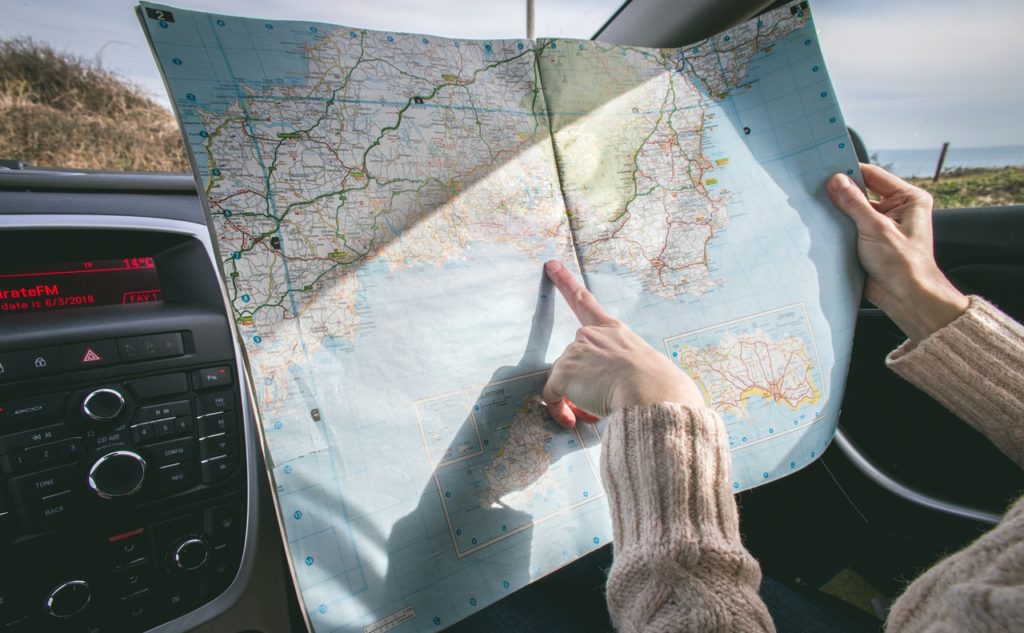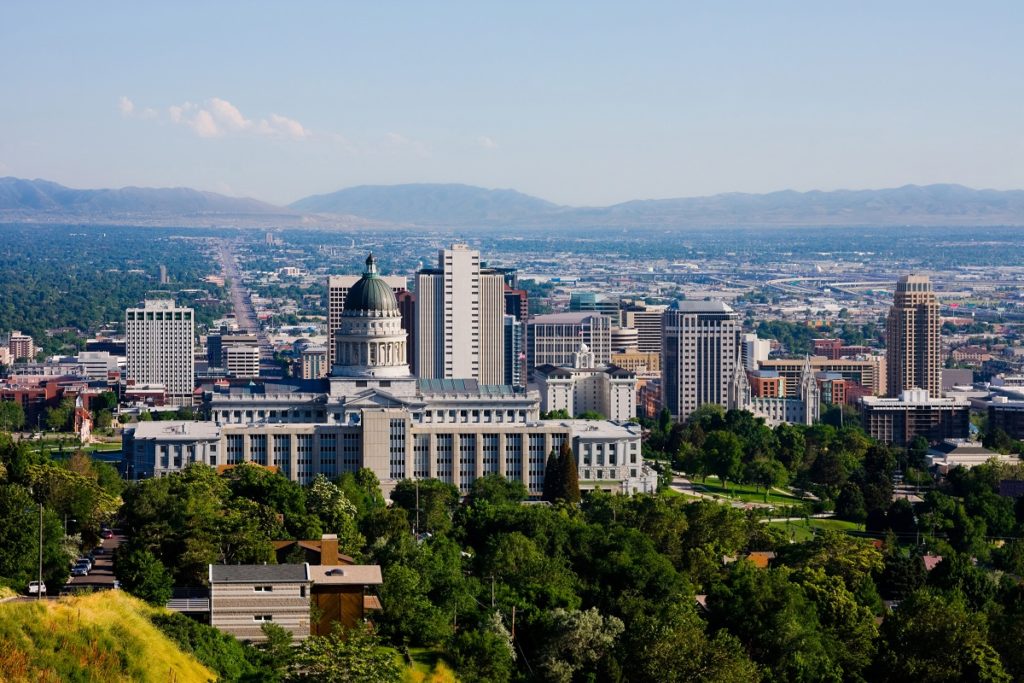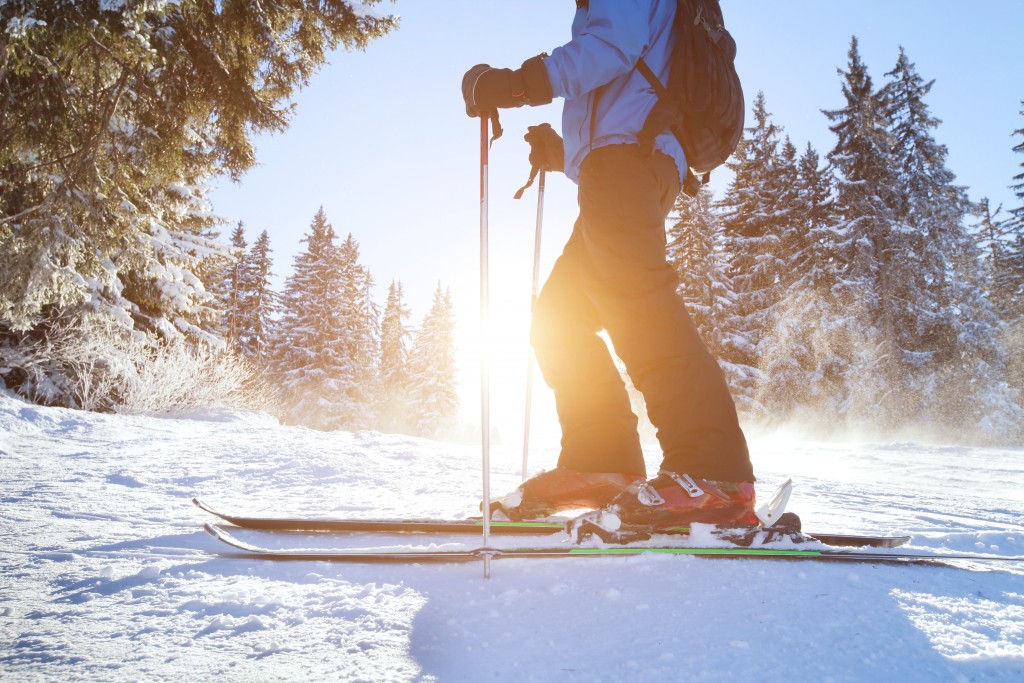Traveling is limited during the pandemic due to the heightened risk of getting COVID-19. But after so many months of being stuck at home, it’s only normal to want to go out and have a vacation.
One of the low-risk outdoor activities you can do is a road trip. You can do this on your own or with the people you live with, whether they’re family or friends. This is a much safer option than flying on a plane. But before you go on a road trip, make sure that you do the following:
Secure Your Home
Even if you’re only going out for an entire day, make sure that you secure your home before you go. Even though property crimes like burglaries drastically decreased during the pandemic, it’s always better to be safe than sorry.
Check that all your doors and windows are locked. Inspect your garage several times before you leave. Does the door close all the way? If you find any issues, call a garage door repair service to have your door fixed immediately.
Apart from locking down your home, you’ll also want to take some steps to prevent the virus from coming in when you come back. Create a fresh foot bath and place it on your doorway. This way, you can easily disinfect the soles of your shoes when you get back.
Choose a Nearby Destination
As much as possible, try to choose a road trip destination that’s near to keep your drive as short as possible. You’ll want somewhere you can go to in one straight drive, without any stops. This will help you limit your contact with other people.
Also, check the local safety guidelines and restrictions of your destination. What COVID-safe processes do they enforce to keep surroundings clean and visitors safe? As a visitor, what do you need to do or have while you’re there? Take note of guidelines by saving them on your phone or printing them out.

Opt for a Private Home Over a Hotel for Lodging
If you plan to make an overnight stay or vacation for a few days, stay somewhere private. As much as possible, avoid staying in a hotel. Staying in a private property will help you minimize contact with other people. It will be even better if you know the owner of the property. So consider asking friends or relatives near your desired destination if they have a property you can rent. You can easily talk to them about how their place is or needs to be disinfected. And they’re more than likely to accommodate your requests.
On the other hand, many people stay in hotels. Whenever you go out, you can’t completely avoid being near other people. But if you really want to stay in a hotel, inquire if they have a 72-hour buffer between guests to allow for adequate disinfection. You can also ask the hotel staff how they disinfect their facilities to put your mind at ease.
Bring Personal Protection Supplies
Don’t forget to pack your sanitizer, alcohol, disinfecting wipes, and masks. When you get to your lodging, wipe surfaces before touching them, particularly doorknobs, chairs, tables, faucet, and shower knobs.
If you use surgical masks, you’ll want to bring many, depending on the number of days you’ll be out. Replace your mask when you take it off to eat or drink. If you use cloth masks, bring two or more extras. You’ll also need a small pack of detergent so that you can wash your masks as soon as you get back to your lodging.
Bring Food and Drinks
Make sure that you bring some food, water, and other refreshments when you go on a road trip. Having your own stock will limit your need to buy during the trip. Not only will you save money, but you’ll also avoid contact with other people.
If you really need to buy food though, consider getting takeout inside of dining in. In a study led by the Centers for Disease Control and Prevention (CDC), they found that subjects who tested positive were twice as likely to have reported dining in a restaurant versus subjects with negative results. Dining in is a very risky activity. More often than not, you’ll have to stay in a closed public space with your mask off. Thus, avoid dining in as much as possible.
You can still go on a safe road trip in the middle of the pandemic. Just make sure that you take the necessary precautions to protect yourself and your companions.




